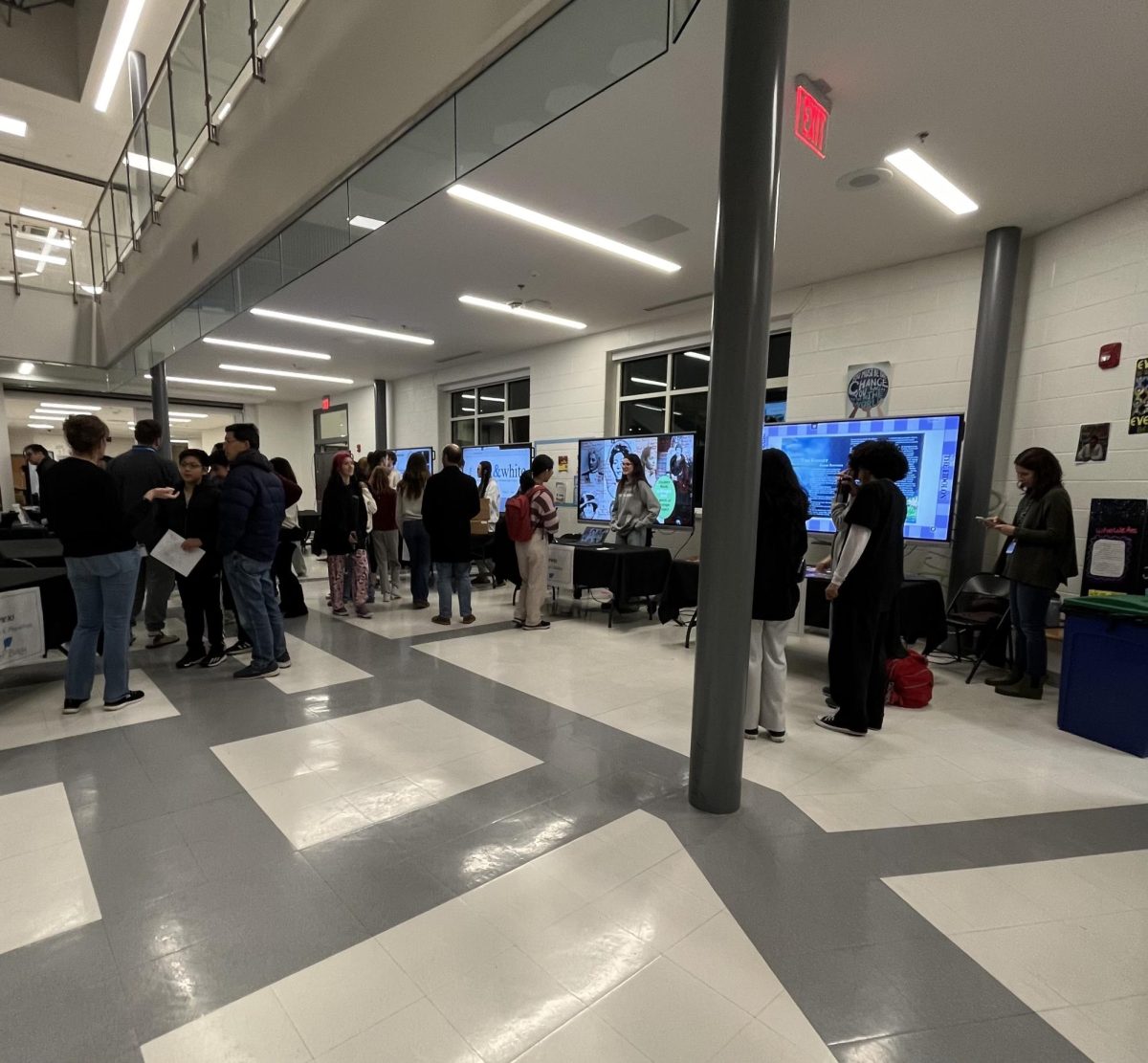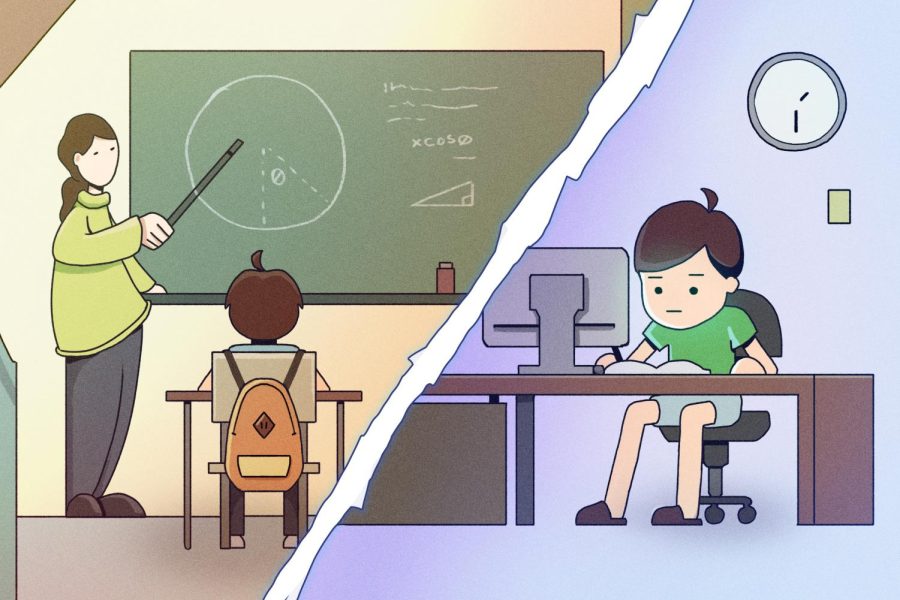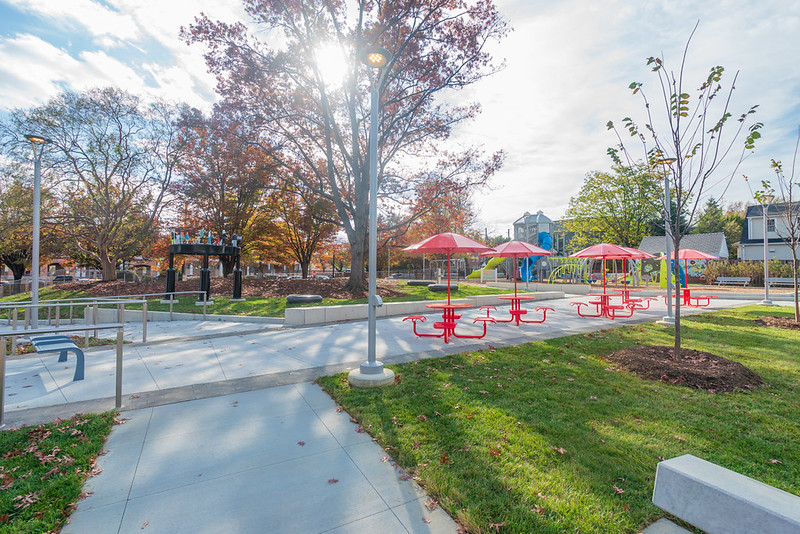Students will now face a shorter initial punishment for drug, alcohol and weapons abuse, after administrators revised the school’s Zero Tolerance policy over the summer.
Under the new policy, students who commit an offense cannot participate in any school-sponsored activities for six months. But if a student completes 150 hours of community service, he/she can return to extracurricular activities after three months.
In previous years, students who violated Zero Tolerance couldn’t participate in extracurricular activities for a year, but they could reduce the punishment to six months after performing 100 community service hours.
“I am hoping that Zero Tolerance is still strong enough to be a deterrent, but for kids who really want to stay involved in activities, they’ll have a chance to re-enter them more quickly,” principal Alan Goodwin said.
Another change to the policy is a new punishment for second offenses, which suspends students from extracurricular activities for one calendar year with no opportunity to reduce the sentence.
“We are still very serious about trying to get kids to be safe,” Goodwin said. “If you make a mistake once, we can be somewhat forgiving, but if you make a mistake again, it’s not a mistake. It’s a deliberate act.”
Goodwin consulted with assistant principals, the staff leadership team and teacher representatives, as well as the PTSA, Counselor Advisory Committee and leadership class to discuss potential changes to the Zero Tolerance policy last spring. The debate began in part because a Fairfax County student committed suicide in January after being forced to change schools as a result of his school’s Zero Tolerance policy.
Opponents of the old Zero Tolerance policy said they were worried about the effects a year-long initial extracurricular suspension had on students.
“Extracurricular [activities] play a large part in keeping people away from drugs and alcohol, so keeping them away for six months because they used drugs or alcohol was counterproductive,” junior class president Jacob Rosenblum said.
But other students are concerned that the new policy is too lenient.
“Hearing that the school was going to even consider giving kids any more room to gamble with endangering their lives and the lives of others really bothered me,” junior Ali Foreman said.
Many students and community members are hopeful, however, that the changes to the Zero Tolerance policy will have a positive effect on students.
“We think this policy will continue to discourage students from participating in illegal behavior, yet also makes it easier for students to correct their behavior, learn from their mistakes and move on,” PTSA executive vice president Cindy Campbell said.








